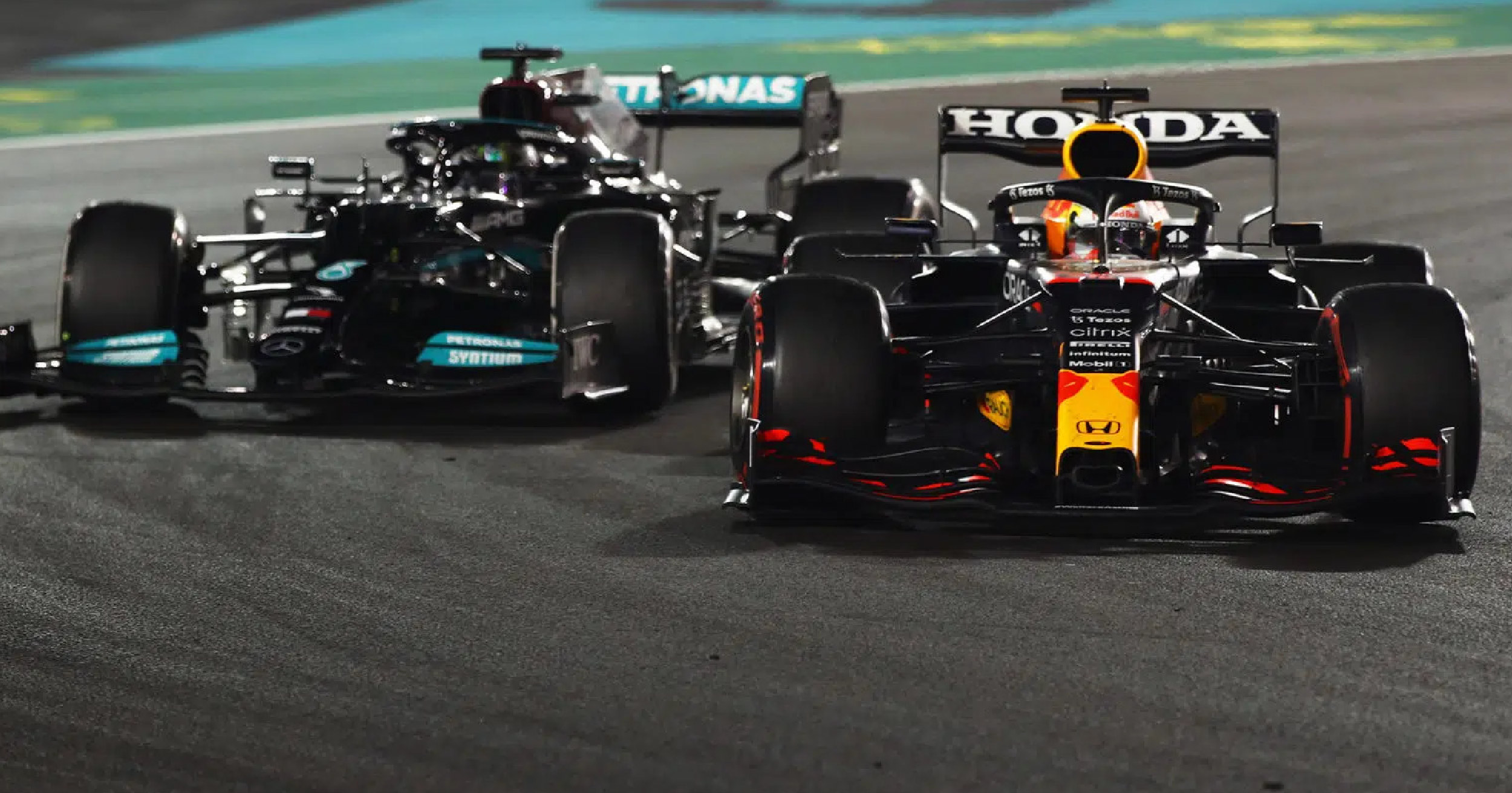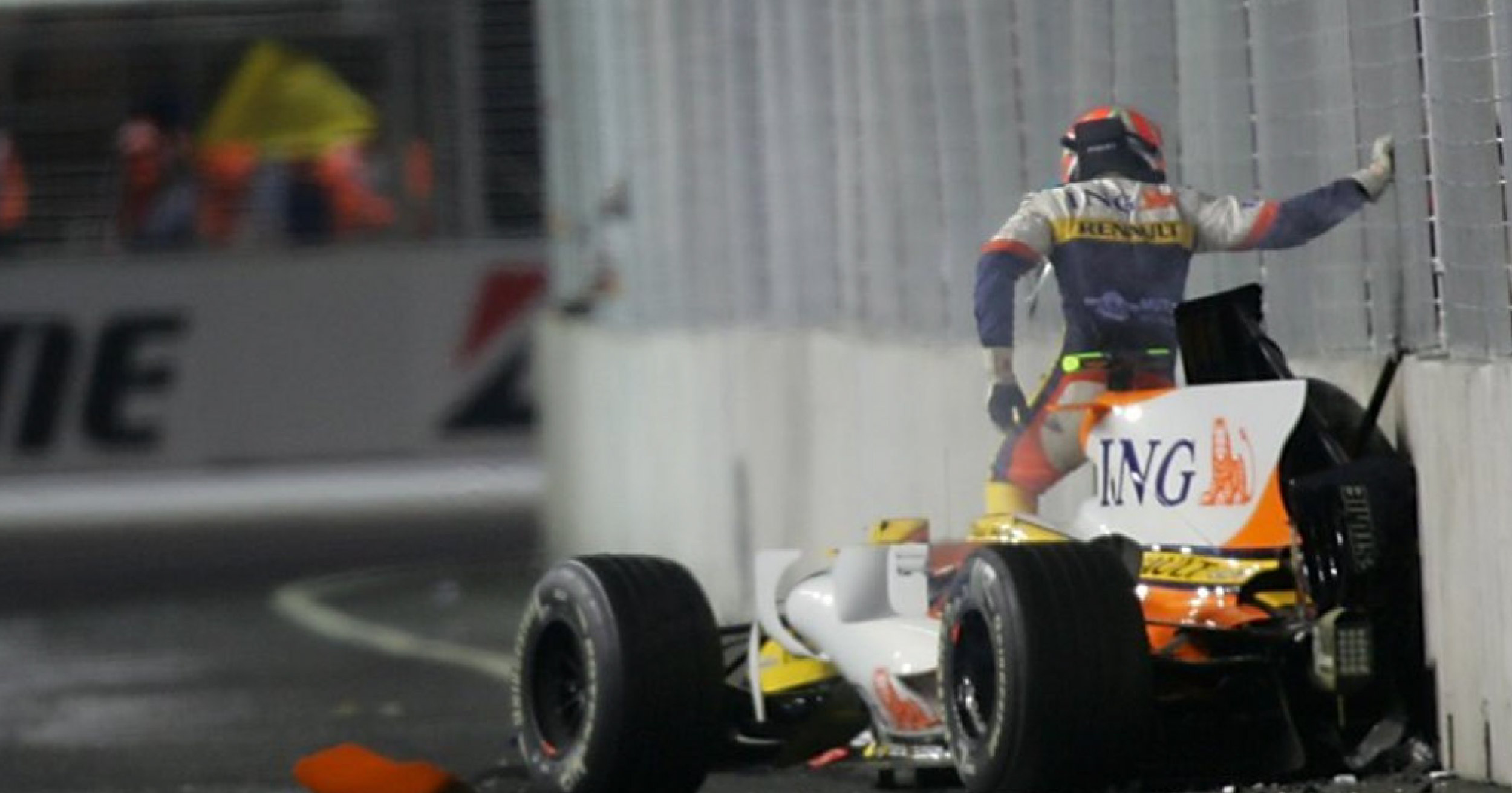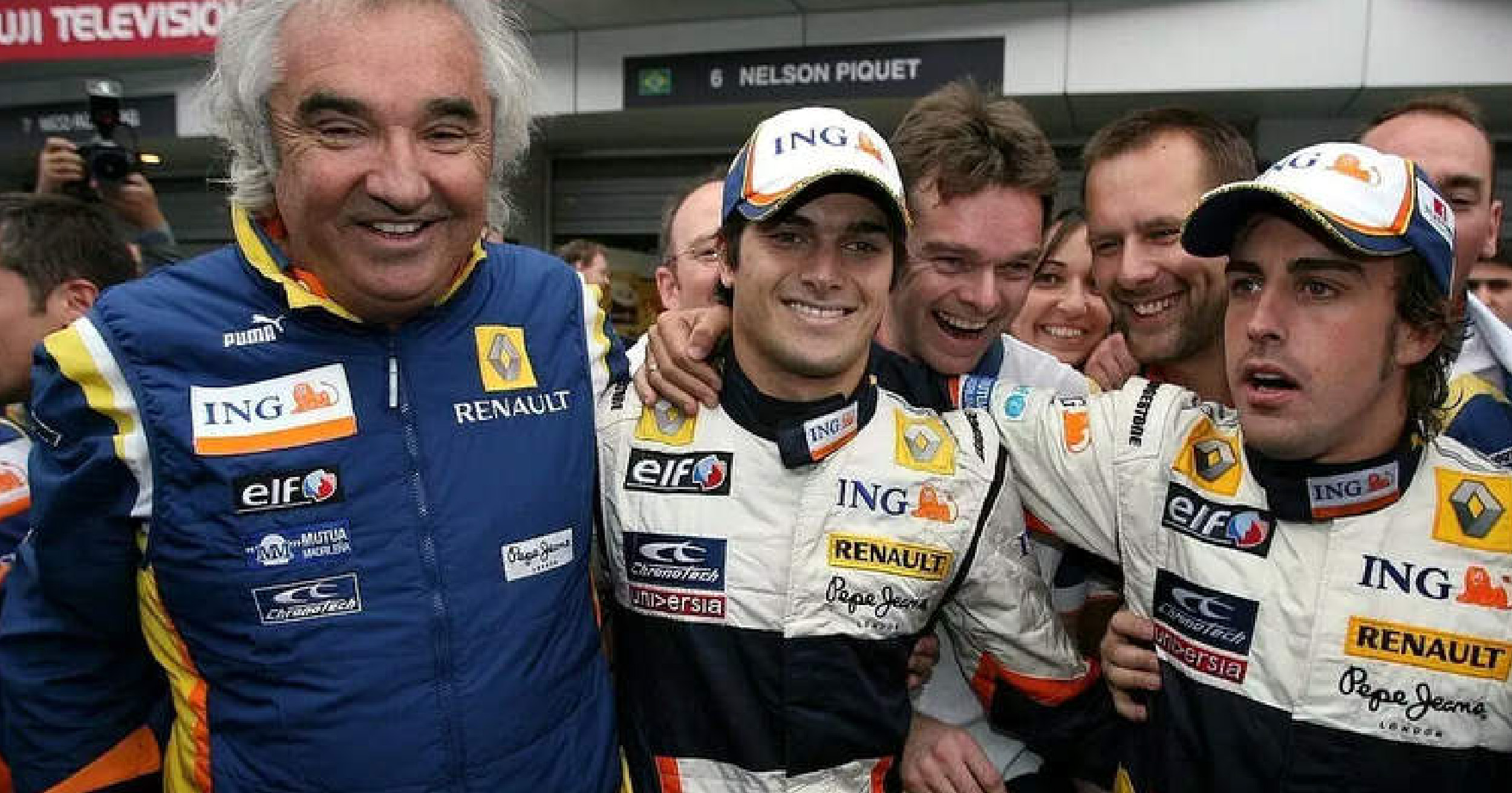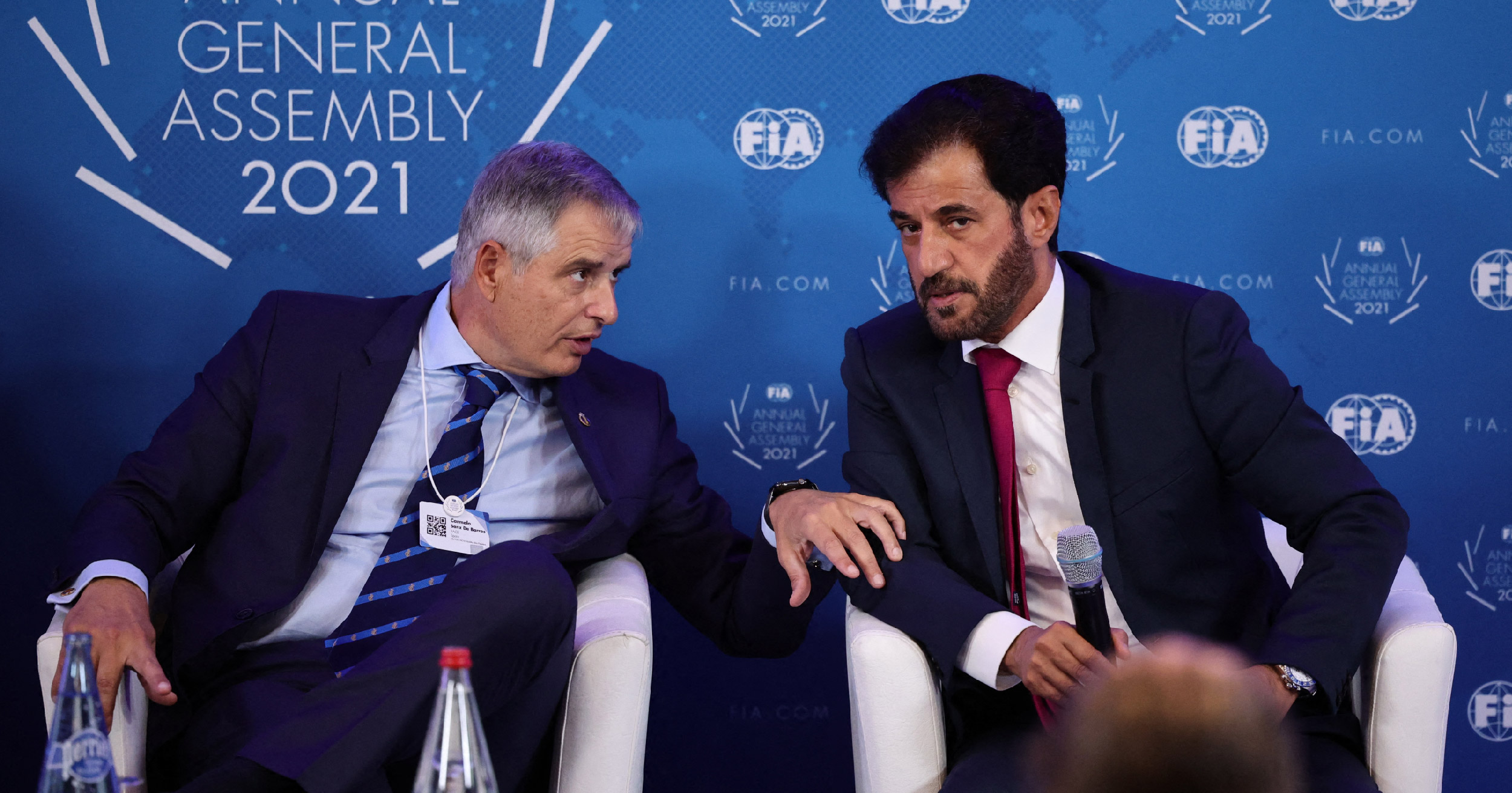Formula 1’s history is marked by thrilling races and also controversial moments that have shaped the sport over the years. The 2008 “Crashgate” scandal, where Renault deliberately crashed a car, exposed manipulated race outcomes and damaged the image of the sport. Nelson Piquet Jr.’s crash itself became central to the scandal, revealing a calculated conspiracy that impacted careers and team dynamics.

The 2021 Abu Dhabi Grand Prix also sparked immense controversy, where the final laps and race control decisions during a safety car period led to a disputed finish, dividing fans and leading to prompt regulation changes.

The tragic 1994 San Marino Grand Prix, where Ayrton Senna and Roland Ratzenberger died, brought significant safety reforms to the sport. This dark weekend led to improved car design, track safety, and medical procedures.

The FIA’s role in handling controversy has also evolved. From minor disputes to large-scale scandals, the governing body has faced numerous challenges, and the lessons learned have led to better regulations, race control, and communication. While controversy in the sport is inevitable, the FIA’s approach aims to minimize its impact and ensure fair competition for years to come.


